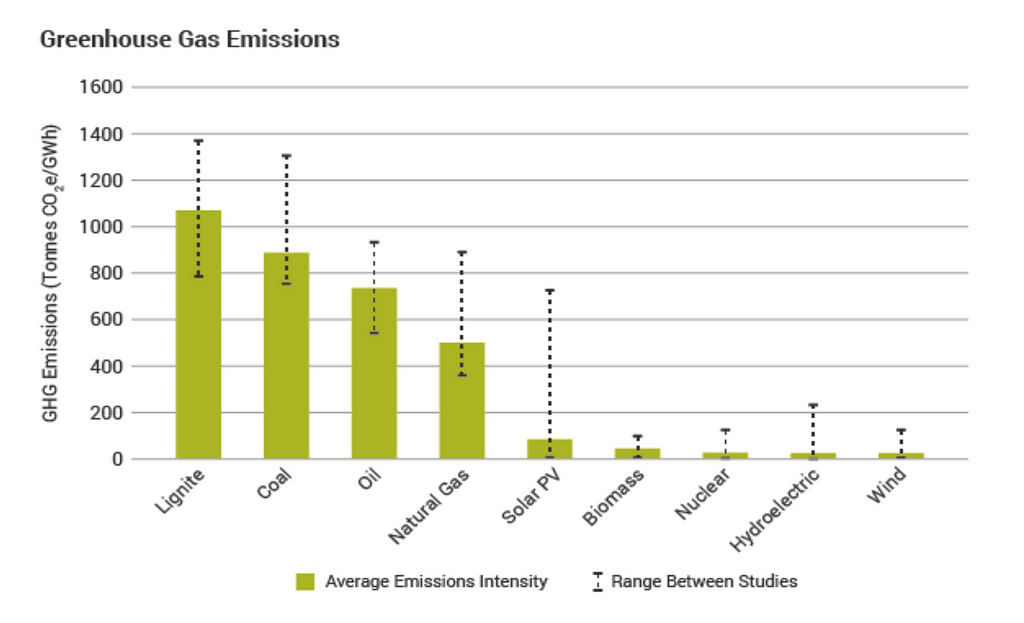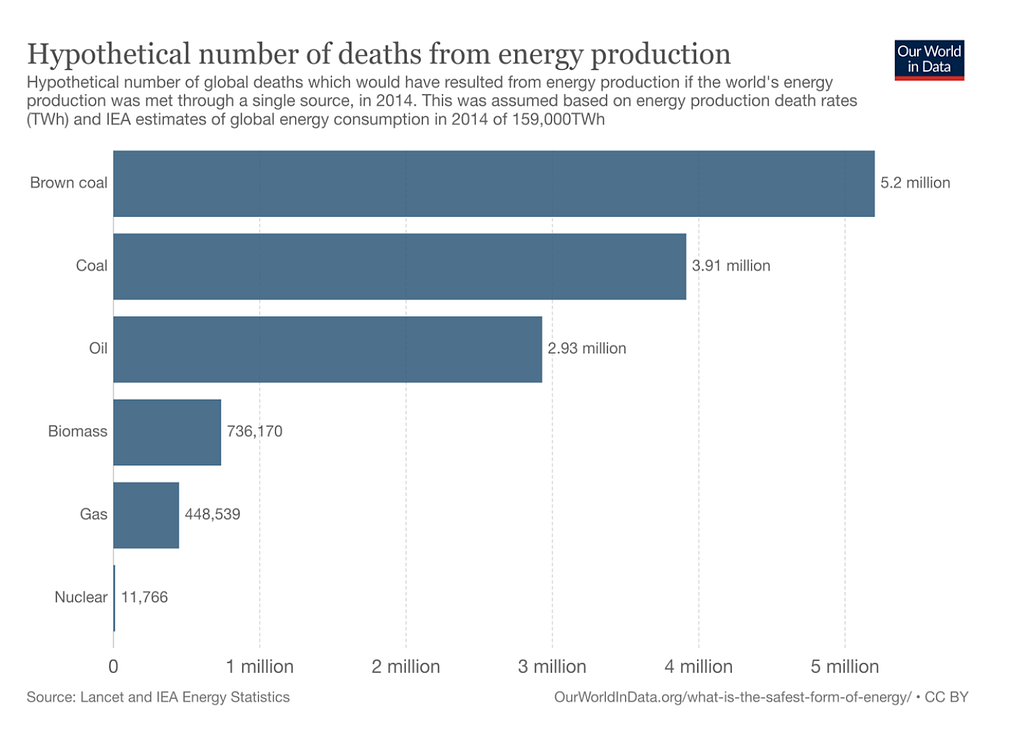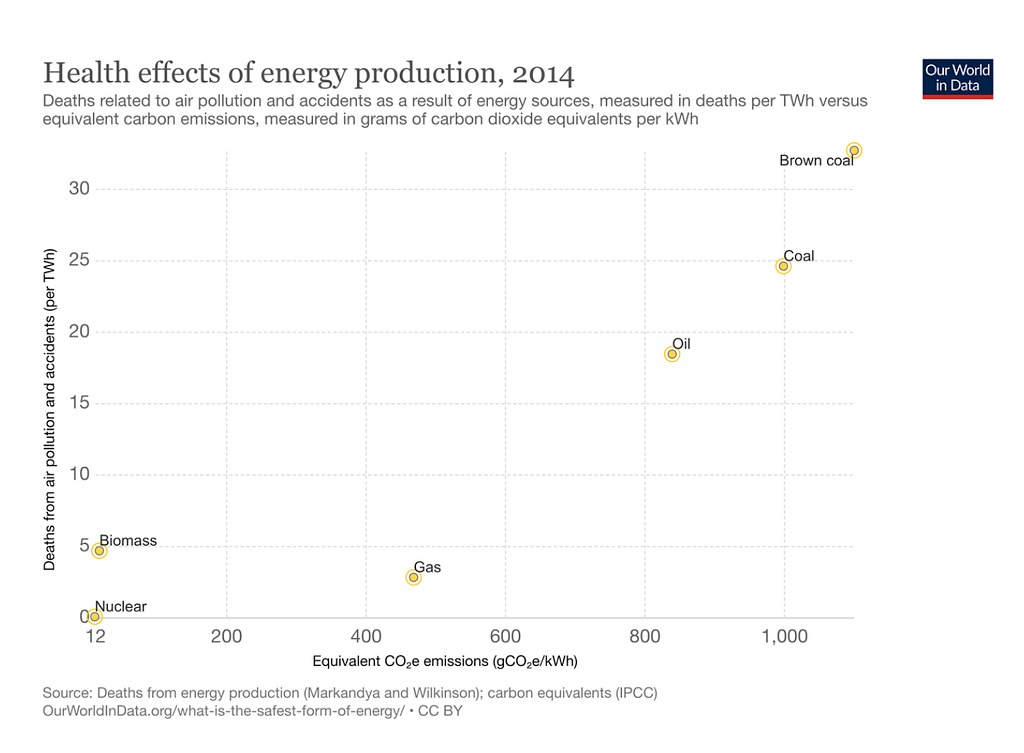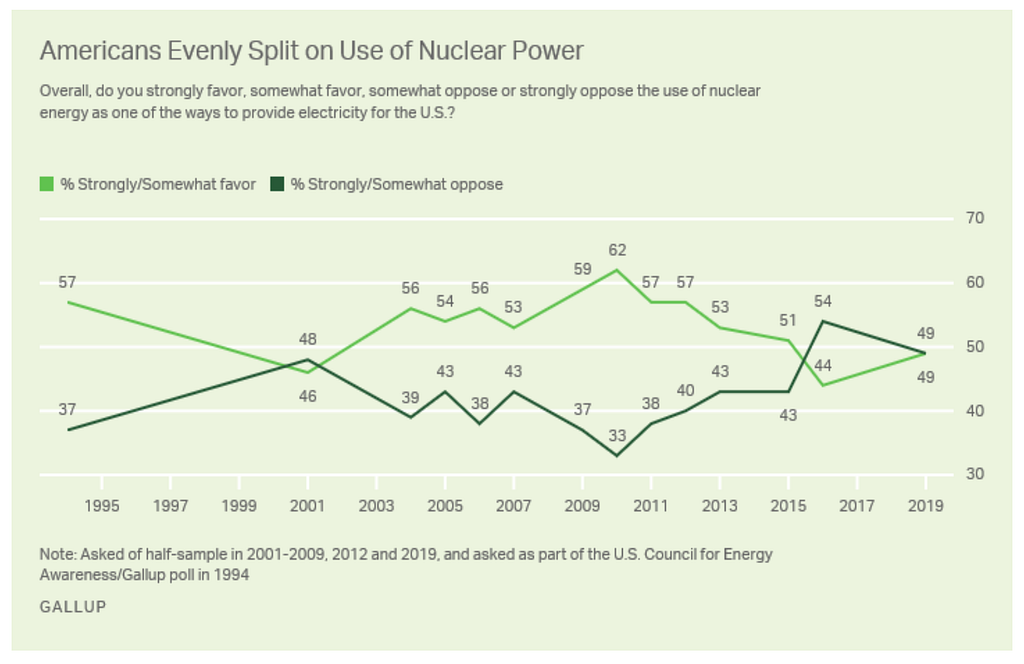By Tatiana Siaraferas, MEng ’20 (NE)
The 2019 HBO mini-series, Chernobyl, managed to do two major things: first, to make the Chernobyl nuclear accident known to a vast majority of people and depict some of the technical mistakes of the event from a Hollywood style point of view, and second, to give some background about how involved the Soviet Union was in releasing or, more correctly, covering up important information (Fountain 2019). However, another distressing result of the series is that it was effective in rekindling a paranoia about nuclear power and negatively influencing public opinion of nuclear energy. When it comes to nuclear energy, people are so scared and so little informed of it that they can be easily driven against it, especially after an accident such as that at Chernobyl or similar accidents at Three Mile Island and Fukushima Daiichi, all of which became targets of negative press. This media amplification has had a lasting negative effect on the industry. Is the negative publicity on nuclear energy justified?Climate change is a real problem of the 21st century and people have to deal with it as soon as possible in order to make sure that future generations have a place to live on Earth.Nuclear energy is a proven carbon-neutral energy source. Climate change is a real problem of the 21st century and people have to deal with it as soon as possible in order to make sure that future generations have a place to live on Earth. If CO2 emissions do not drop and continue to rise in the next decade, climate change may become an irreversible condition. “Beyond decarbonizing today’s electric grid, we must use clean electricity to replace fossil fuels in transportation, industry and heating,” (Goldstein J. S. 2019). Nuclear energy has proven to minimize CO2 emissions since it produces energy by nuclear fission and not chemical burning, but unlike other low-carbon methods, it can also create great amounts of energy. Studies show that “if coal or natural gas power had replaced nuclear energy from 1971 to 2009, the equivalent of an additional 64 gigatons of carbon would have reached the atmosphere. Looking forward, switching out nuclear for coal or natural gas power would lead to the release of 80 to 240 gigatons of additional carbon by 2050” (Schrope 2013) (Kharecha and Hansen 2013).

Nuclear energy presents itself as a clean and efficient form of energy production that can replace fossil fuels and serve as a main energy source and a backup for renewables.Other benefits of nuclear energy as a safe energy production source are becoming evident as developments and research in nuclear engineering propose even more efficient and safe nuclear reactors. These promising new technologies such as fusion and Generation IV nuclear reactors focus on being safer and more efficient, and on limiting their size, cost and waste — fusion actually creates no waste at all. Also, these new reactors do not lead to a risk of nuclear weapons materials production because of their design, fuel cycle and the strict regulations imposed upon them by governments and the International Atomic Energy Agency. In addition to technological advancements that have improved equipment within the industry, advances in nuclear engineering have also led to breakthroughs in various other fields ranging from medicine, with cancer treatment to medical diagnosis equipment like MRIs, to food production and industry applications (Lucas 2014).





Governments and the scientific community have to be open about nuclear energy, build trust with the public and provide accurate and complete information about the technology used, as well as the benefits and the risks involved.Unless people actively become informed and the media provides objective publicity on the subject, nuclear energy will not be perceived as a safe, clean form of energy, and it will be viewed with skepticism by consumers as a choice for use of power. This will make the realization of new nuclear technology even slower, and climate change will be a problem that will not be dealt with. People who are concerned about climate change and the negative effects related to it should make it their priority to become objectively informed about nuclear energy and finally support it.
About the author:
Tatiana Siaraferas is a current Master of Engineering student in Nuclear Engineering at University of California, Berkeley. Prior to Berkeley, she earned a Bachelor of Science Degree in Physics from Aristotle University of Thessaloniki (AUTH). She is interested in Radioactive Waste Management, Fuel Cycles & Advanced Reactors Design. Connect with Tatiana.References:
- Fountain, Henry. 2019. Plenty of Fantasy in HBO’s ‘Chernobyl,’ but the Truth Is Real. June 2, 2019. https://www.nytimes.com/2019/06/02/arts/television/chernobyl-hbo.html.
- Goldstein Joshua S., Qvist Staffan A. and Steven Pinker. 2019. Nuclear Power Can Save the World, Expanding the technology is the fastest way to slash greenhouse gas emissions and decarbonize the economy. April 6, 2019. https://www.nytimes.com/2019/04/06/opinion/sunday/climate-change-nuclearpower.html.
- Kharecha, Pushker, and James Hansen. 2013. Coal and Gas are Far More Harmful than Nuclear Power. April, 2013. https://www.giss.nasa.gov/research/briefs/kharecha_02/.
- Lucas, Jim. 2014. What Is Nuclear Engineering? September 09, 2014. https://www.livescience.com/47749-nuclear-engineering.html.
- Reinhart, RJ. 2019. 40 Years after Three Mile Island, Americans Split on Nuclear Power. March 27, 2019. https://news.gallup.com/poll/248048/years-three-mile-island-americans-splitnuclear-power.aspx.
- Ritchie, Hannah. 2017. It goes completely against what most believe, but out of all major energy sources, nuclear is the safest. July 24, 2017. https://ourworldindata.org/what-is-thesafest-form-of-energy.
- Ritchie, Hannah. 2017. What was the death toll from Chernobyl and Fukushima? July 24, 2017. https://ourworldindata.org/what-was-the-death-toll-from-chernobyl-and-fukushima.
- Rummens, Andrew. 2019. Don’t let HBO’S Chernobyl scare you away from nuclear power. June 13, 2019. https://www.strata.org/stratasphere/s-energy/hbos-chernobyl/.
- Schrope, Mark. 2013. Nuclear Power Prevents More Deaths Than It Causes. April 2, 2013. https://cen.acs.org/articles/91/web/2013/04/Nuclear-Power-Prevents-Deaths-Causes.html.
- WHO/IAEA/UNDP, Joint News Release. 2005. Chernobyl: the true scale of the accident. September 5, 2005. https://www.who.int/mediacentre/news/releases/2005/pr38/en/.
Op-ed: Let’s dispel the myths about nuclear energy was originally published in Berkeley Master of Engineering on Medium, where people are continuing the conversation by highlighting and responding to this story.

